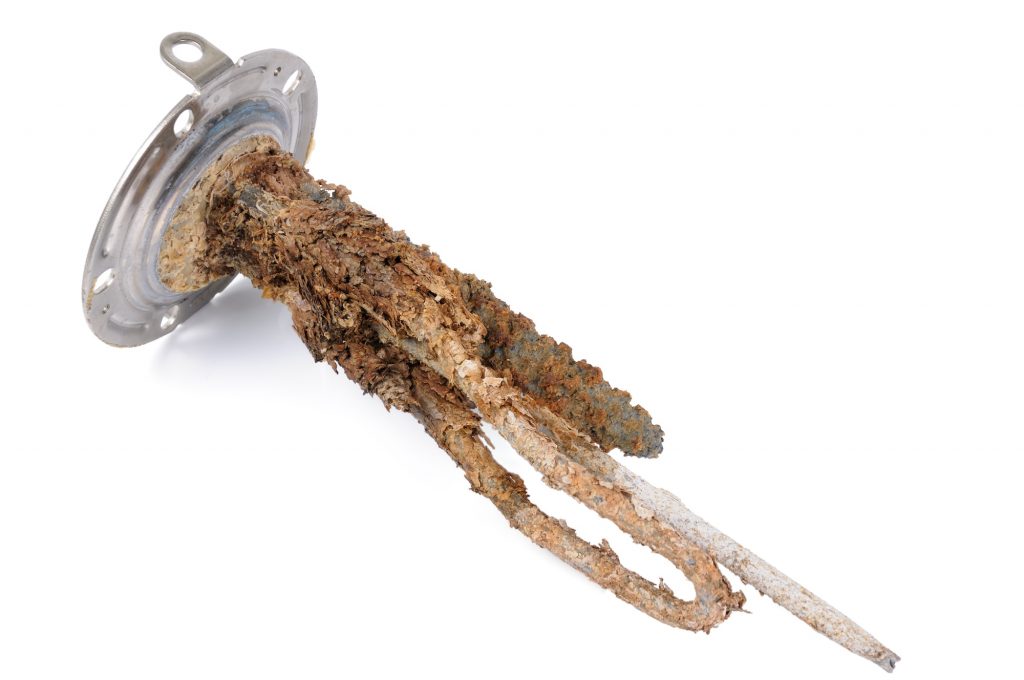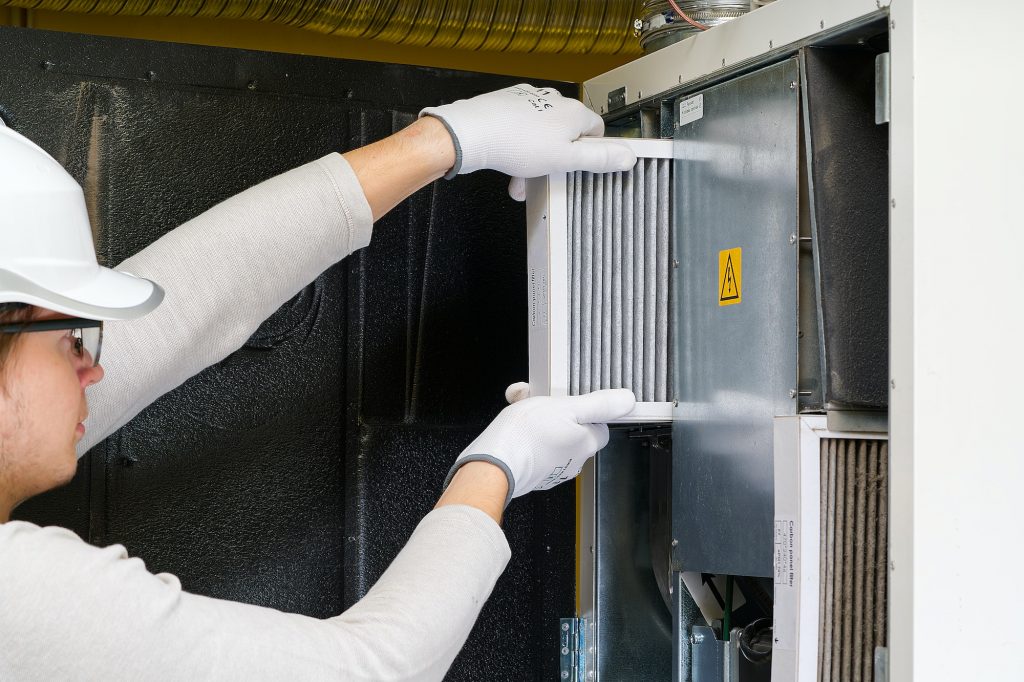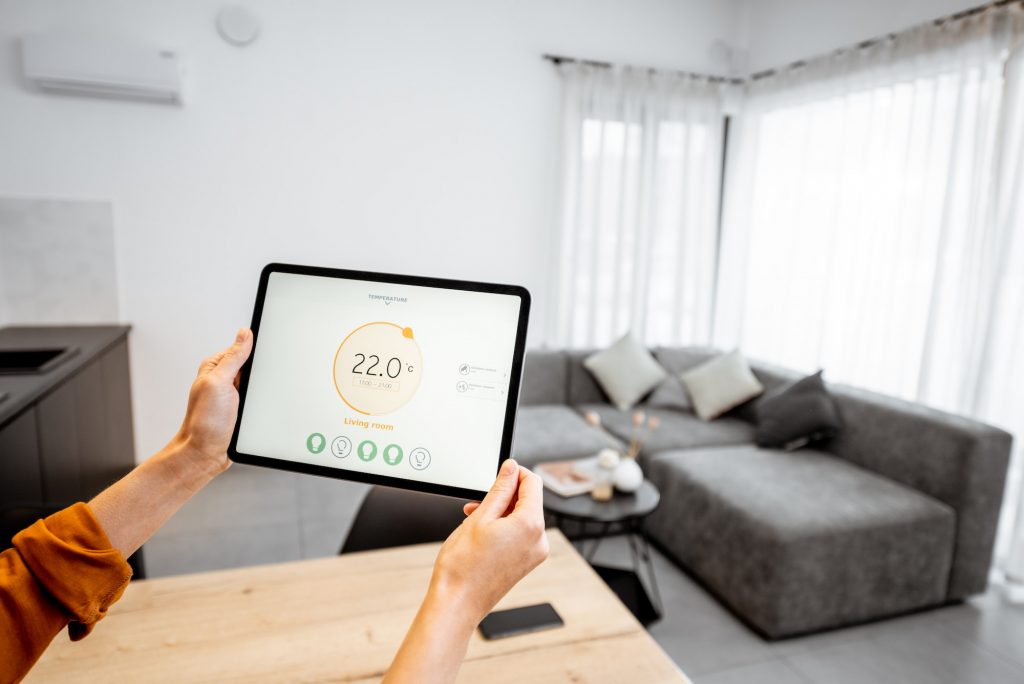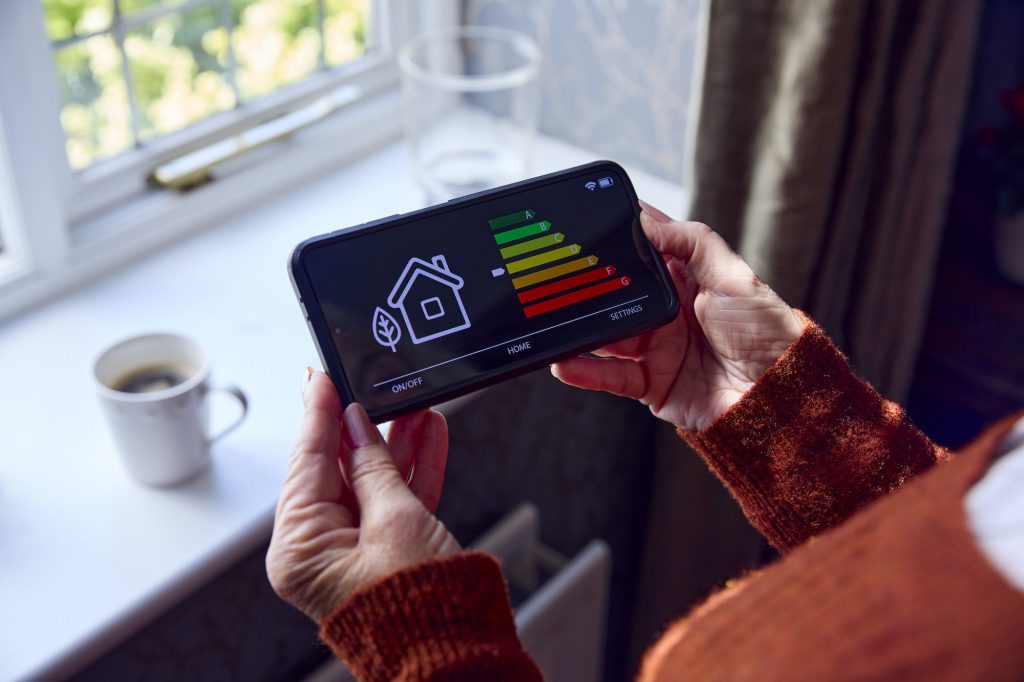Heating is essential to our daily lives, particularly during the winter months. But did you know that an inefficient heating system can lead to hidden costs that can add up quickly over time? In this article, we’ll define a weak heating system, why it’s essential to reduce its associated costs, and how you can do so.

What are the hidden costs of inefficient heating systems?
An inefficient heating system can lead to increased energy bills, maintenance and repair costs, a shortened lifespan of the system, and even health hazards. Let’s explore each of these costs in detail.
Increased energy bills
An inefficient heating system uses more energy to produce the same heat as a more efficient system. This means you’ll be paying more on your energy bills each month.
Maintenance and repair costs
An inefficient heating system is more prone to breaking down, so you’ll have to pay for repairs more often. This can add up quickly and be a significant expense over time.
The shortened lifespan of the system
An inefficient heating system will have to work harder to produce the same amount of heat as a more efficient system, which means it will wear out faster. This means you’ll have to replace your heating system sooner, which can be a significant expense.
Health hazards
An inefficient heating system can lead to poor indoor air quality, harming your health. Dust, mould, and other allergens can accumulate in your home, leading to respiratory and other health issues.
How to identify an inefficient heating system?
Several signs indicate your heating system is inefficient. Here are a few to look out for:
Lack of proper insulation
If your home is poorly insulated, heat will escape, and your heating system must work harder to maintain a comfortable temperature.
Old and outdated heating equipment
If your heating system is old and outdated, it’s likely to be inefficient. Technology has improved significantly, and newer heating systems are much more efficient than older models.
Poor air circulation
If your heating system is not circulating air effectively, it will have to work harder to heat your home, leading to increased energy bills and a shorter lifespan of the system.
Inadequate thermostat settings
If your thermostat is not set correctly, your heating system must work harder to maintain a comfortable temperature. This can lead to increased energy bills and a shorter system lifespan.
Tips to reduce the costs associated with inefficient heating systems
You can do several things to reduce the costs of a weak heating system. Let’s take a look at a few of them.
Proper insulation
Proper insulation is critical to reducing the costs of an inefficient heating system. Properly insulating your home will prevent heat from escaping, and your heating system won’t have to work as hard to maintain a comfortable temperature.
Regular maintenance and tune-ups
Regular maintenance and tune-ups can help keep your heating system running efficiently and prevent breakdowns. This can help extend the lifespan of your system and reduce repair costs.
Upgrading to a more efficient heating system
Upgrading to a more efficient heating system is one of the best ways to reduce the costs associated with an inefficient heating system. Not only will you save money on energy bills, but you’ll also benefit from improved indoor air quality, a longer lifespan of the system, and increased home value.
Proper thermostat usage
Proper thermostat usage can help reduce the costs of an inefficient heating system. By setting the thermostat correctly and using it efficiently, you can reduce the energy your heating system uses and lower your energy bills.
The benefits of investing in an efficient heating system
Investing in an efficient heating system comes with several benefits, including lower energy bills, a longer lifespan of the heating system, improved indoor air quality, and increased home value. Here’s a closer look at each of these benefits.
Lower energy bills
An efficient heating system uses less energy to produce the same amount of heat as an inefficient system, so you’ll pay less on your monthly energy bills.
Increased lifespan of the heating system
An efficient heating system won’t have to work as hard to maintain a comfortable temperature, which means it will last longer than an inefficient system.
Improved indoor air quality
An efficient heating system can improve indoor air quality by circulating air effectively and preventing dust, mould, and other allergens buildup.
Increased home value
Investing in an efficient heating system can increase the value of your home. Not only will you benefit from lower energy bills, but you’ll also have a more valuable and comfortable home to enjoy.
Conclusion
In conclusion, an inefficient heating system can lead to hidden costs that can add up quickly over time. But by identifying and addressing these costs, you can reduce them and benefit from a more efficient, comfortable, and valuable home. Investing in an efficient heating system is one of the best ways to achieve this. Still, you can also do other things, such as proper insulation, regular maintenance and tune-ups, proper thermostat usage, and more.
FAQs
- What is an inefficient heating system? An inefficient heating system is a heating system that uses more energy to produce the same amount of heat as a more efficient system.
- Why is it essential to reduce the costs of an inefficient heating system? Reducing the costs associated with a weak heating system can help lower energy bills, extend the heating system’s lifespan, improve indoor air quality, and increase home value.
- How can I identify an inefficient heating system? Signs of a weak heating system include a lack of proper insulation, old and outdated heating equipment, poor air circulation, and inadequate thermostat settings.
- What are some tips for reducing the costs of an inefficient heating system? Tips for reducing the costs associated with a weak heating system include proper insulation, regular maintenance and tune-ups, upgrading to a more efficient heating system, and proper thermostat usage.
- What are the benefits of investing in an efficient heating system? The benefits of investing in an efficient heating system include lower energy bills, increased lifespan of the heating system, improved indoor air quality, and increased home value.







